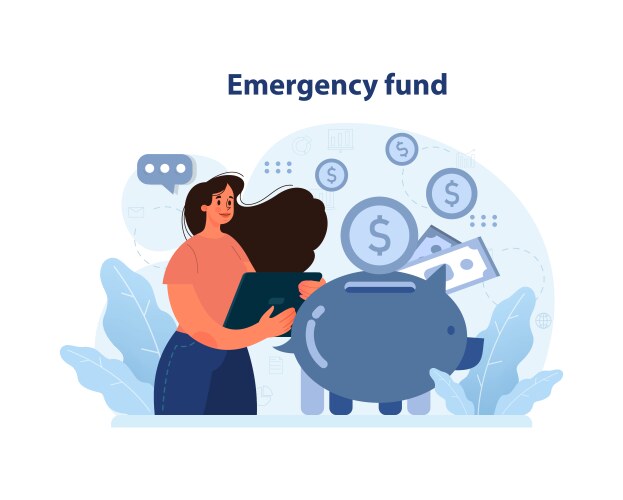In a world full of uncertainties, financial stability is one of the greatest assets you can have. Life can throw unexpected challenges your way—a medical emergency, sudden job loss, or an urgent home repair. This is where an emergency fund steps in as your financial safety net
What is an Emergency Fund?
An emergency fund is a reserve of money set aside to cover unexpected expenses. It’s not about luxury purchases or planned expenses; it’s about ensuring you’re prepared for the unplanned. Think of it as your personal financial shield
Why Do You Need an Emergency Fund?
1. Cushions Against Financial Shocks
Life is unpredictable. Whether it’s a surprise medical bill or a car breakdown, an emergency fund ensures you’re not derailed financially. It prevents you from dipping into savings meant for long-term goals
2. Reduces Financial Stress
Knowing you have a safety net gives you peace of mind. You’re less likely to panic during emergencies, enabling you to make rational decisions instead of impulsive ones
3. Avoids Debt
Without an emergency fund, unexpected expenses often lead to credit card debt or high-interest loans. An emergency fund keeps you from falling into this trap
How Much Should You Save?
Experts recommend having 3 to 6 months’ worth of living expenses in your emergency fund. Start small if that feels overwhelming—even a few thousand rupees can make a difference
Where Should You Keep Your Emergency Fund?
Your emergency fund should be:
- Accessible: Choose a savings account that allows quick withdrawals
- Separate: Keep it distinct from your regular savings to avoid temptation
- Safe: Avoid risky investments; prioritize liquidity and stability
Tips to Build Your Emergency Fund
- Set a Budget: Identify areas where you can cut costs and redirect those savings
- Automate Savings: Set up a recurring transfer to a dedicated emergency fund account
- Start Small: Begin with a manageable goal, like saving one month’s expenses
- Use Windfalls Wisely: Direct bonuses, tax refunds, or other windfalls into your fund
When Should You Use Your Emergency Fund?
Only dip into your emergency fund for genuine emergencies. Examples include:
- Unforeseen medical expenses
- Job loss or reduced income
- Necessary home or vehicle repairs
Conclusion
An emergency fund is more than just a financial backup—it’s a cornerstone of financial resilience. By planning ahead, you’re not only protecting your finances but also safeguarding your peace of mind. Start building your emergency fund today and step confidently into a more secure future
